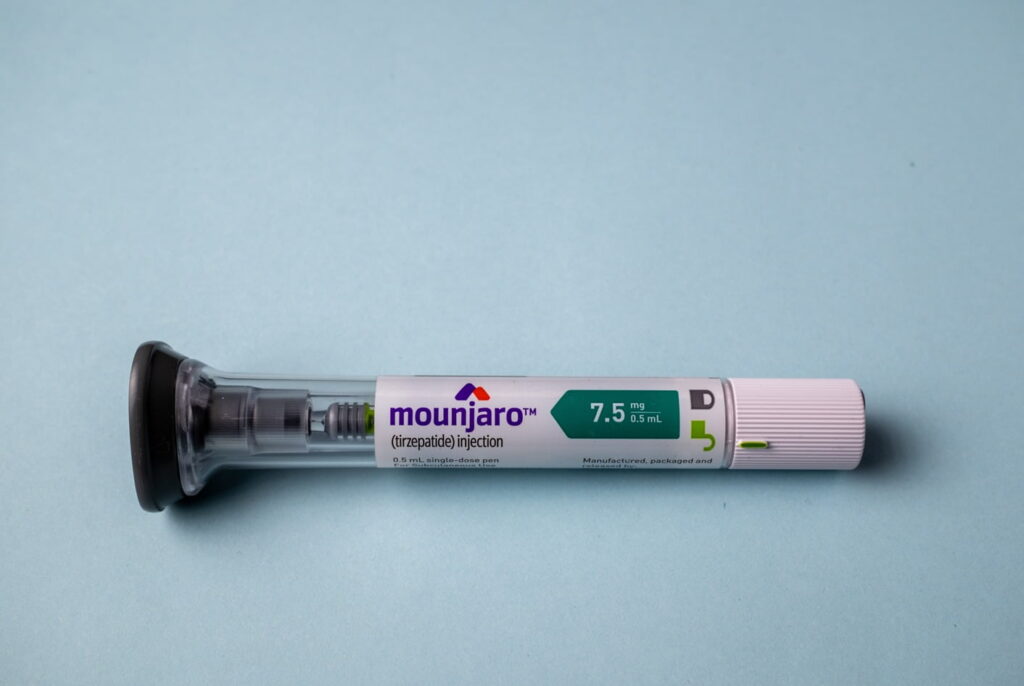Do you have diabetes and have tried everything from diet to exercise to other lifestyle changes to lose weight and treat your condition with no success? Have you developed other weight-related medical conditions such as heart disease, high cholesterol, or high blood pressure and your doctor is worried about your health? If so, you may be a candidate for Mounjaro, but you need to be aware of the side effects so you know when to seek medical attention for serious risks.
Here is more information about what Mounjaro is and the common as well as possible serious Mounjaro side effects that may occur.
What is Mounjaro?
Mounjaro is the trade name for tirzepatide, a prescription medication that treats diabetes and helps obese individuals lose weight. When the drug is used as a weight loss medication, its trade name is Zepbound. Mounjaro is once-weekly injection that is FDA-approved to help regulate blood sugar in those with diabetes. It mimics the hormones GIP and GLP-1, both of which are critical to regulating blood sugar and appetite. Mounjaro increases insulin release, reduces glucagon secretion, and slows stomach emptying.
Common Side Effects
There are several side effects that are common for those taking Mounjaro. These should go away after the body adjusts to the drug and should not be a cause for concern. These common Mounjaro side effects include:
- Nausea
- Diarrhea or constipation
- Indigestion
- Stomach pain
- Decreased appetite
- Gas and bloating
More Serious Side Effects
Though more serious Mounjaro side effects are unlikely, you need to know what they are so you can make an informed decision about using the drug and so you can be aware what symptoms should lead you to contacting your doctor if you do decide to start using Mounjaro. More serious side effects include:
- Thyroid tumors
- Inflammation of the pancreas
- Hypoglycemia or low blood sugar
- Kidney damage and kidney failure
- Severe stomach problems
- Gallstones and gallbladder inflammation
- Serious allergic reactions
It’s important to recognize the signs and symptoms of these more serious Mounjaro side effects so you can contact your doctor if you believe you are experiencing them. If symptoms keep you from tending to your everyday life and last longer than several days, it’s always a good idea to call your healthcare provider. He or she can suggest dietary changes or medication adjustment to help alleviate the symptoms or, if your doctor things they may be signs of a more serious issue, advise you to stop taking the drug and come in for check-up.
Knowing if Mounjaro is Right for You
The only way to know if Mounjaro is right for you is to have a discussion with your healthcare provider. He or she can go over the pros and cons of the drug and more thoroughly explain the possible side effects so you can make an informed decision together.
Mounjaro Side Effects: Is it Worth it?
Once you are aware of the common and more serious Mounjaro side effects, you can decide if the benefits outweigh the risks and if Mounjaro fits in your overall wellness plan. If you do decide to start on Mounjaro, keep an eye on any possible symptoms to you can immediately report them to your healthcare provider.

